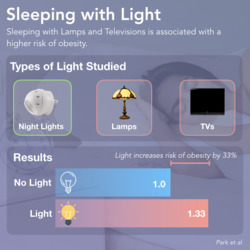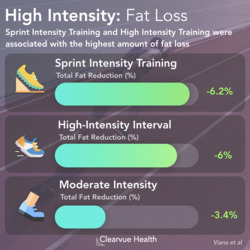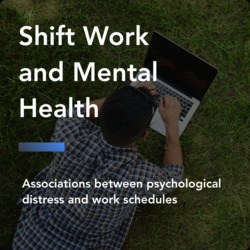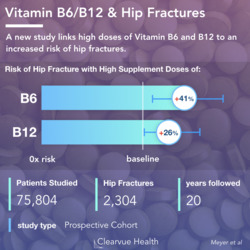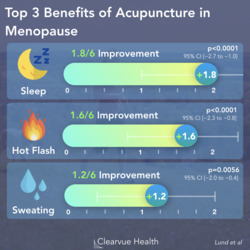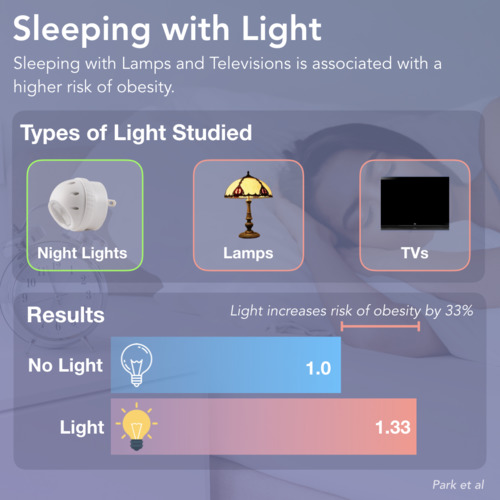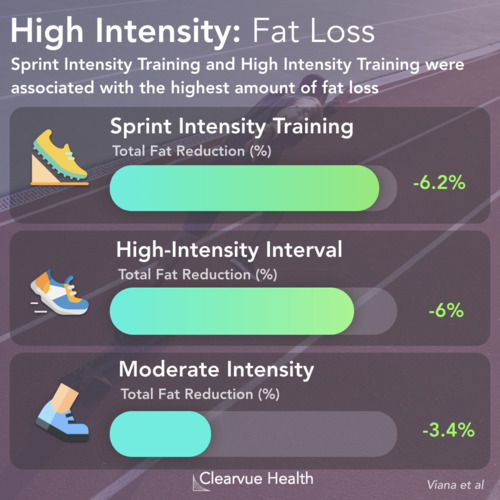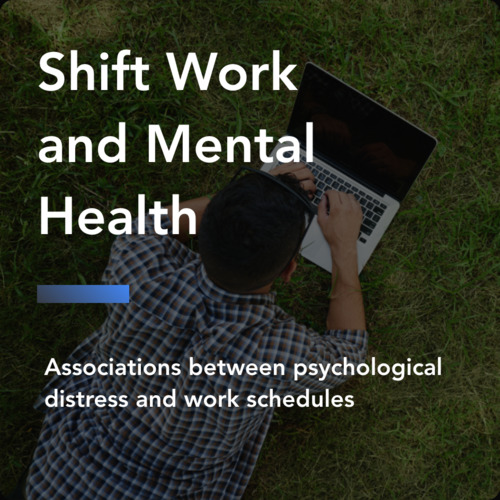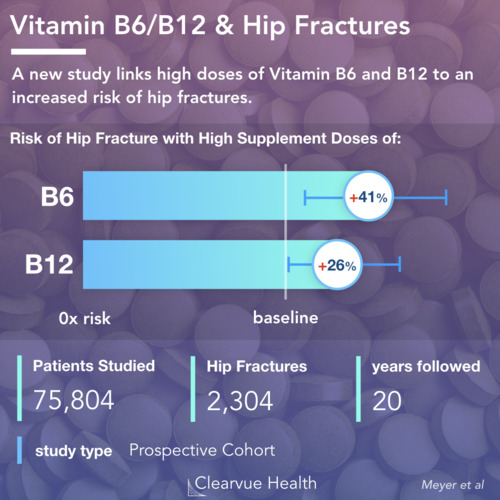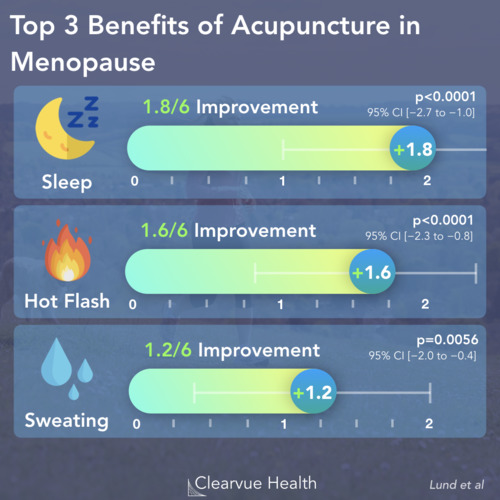Weight Gain vs. Hours Slept

Figure 1: Sleep and Weight Gain. Nurses who slept 6 or fewer hours per night gained significantly more weight over the course of the m study. Those who slept 6 hours per night gained around 1.6 pounds more than those who slept at least 7 hours. Those who slept fewer than 6 hours per night gained 2.5 pounds over the course of the study.
If you want to stay at a healthy weight, be sure to get enough sleep.
A large study that followed 68,183 women over 16 years found that sleep may be vitally important for keeping the pounds off.
Nurses who are chronically sleep-deprived also gained the most weight. Lack of sleep is a risk factor for obesity.
Nurses who slept less than five hours per night gained an average of 2.5 pounds more than nurses who slept at least seven hours a night over the course of study. Nurses who slept six hours per night gained less weight, but were still at a significantly higher risk of weight gain.
Nurses who slept seven hours did not demonstrate any significant difference in weight gain compared to nurses who slept eight hours.
This shows that when it comes to sleep, seven is the magic number. If you get seven hours of sleep or more per night, you’re sleeping just fine.
But, if this is not a possibility, six hours is definitely better than five hours or fewer.
Source: Association between Reduced Sleep and Weight Gain in Women
Sleep & Significant Weight Gain Risk

Figure 2: Sleep & Significant Weight Gain Risk. Sleeping 5 or fewer hours per night was associated with a significant risk of massive weight gain. Nurses who slept 5 hours a night had an approximately 30% higher risk of gaining at least 33 pounds over the course of the study.
Researchers also looked at the risk of massive weight gain for different groups. Gaining a few pounds here and there is not optimal, but it won’t dramatically change anyone’s life. Gaining a lot of weight very quickly can significantly influence health.
Researchers found the nurses who slept less than five hours also had a 30% higher risk of massive weight gain as defined by gaining 33 pounds or more.
Those who slept six hours had a much more reasonable 12% higher risk.
Source: Association between Reduced Sleep and Weight Gain in Women
7 Hours Per Night is Best

Figure 3: Sleeping 7 Hours per Night is Best. Sleeping at least 7 hours per night is not associated with weight gain. Nurses who slept 7 hours per night had no significant differences in weight compared to those who slept 8 hours. Every hour less than 7 was associated with significant weight gain.
While most participants in the study gained weight over the 16 years of the study, the chart above shows that those that slept fewer hours had a higher weight at every age.
It also shows that sleeping seven hours is the magic number. There is no difference in weight between those who slept seven hours per night and those who slept eight hours per night. However, sleeping less than 7 hours was associated with significant weight gain.
Source: Association between Reduced Sleep and Weight Gain in Women
How Much Do People Actually Sleep?

Figure 4: How Much Do People Actually Sleep? The Nurses' Health Study, which followed over 68,000 nurses across 20 years, showed that most nurses slept between 6 and 8 hours per night. 7 hours per night was the most common amount of sleep.
Most of the nurses studied slept between six and eight hours per night. Seven hours was the most common amount of sleep. This means that at least among nurses, most are getting an adequate amount of sleep.
Key Takeaways
If you want to stay at a healthy weight as you get older, be sure to get enough sleep alongside diet and exercise.
Sleep is essential for good mental health and for good physical health.
When setting a target for how much sleep to get per night, be sure to aim for at least seven hours. The difference between 7 and 8 hours is not significant. However, any amount of sleep below 7 is associated with significantly more weight gain.
+
+
Sample Size - This study used a very large sample set which increases the validity of the results.
+
Variable Adjustment - The study adjusted for age, baseline body mass index, smoking, alcohol consumption, caffeine intake, spousal level of education, medication use, menopausal status, snoring status, shift-working history, physical activity, total caloric intake, dietary fiber, ratio of polyunsaturated to saturated fat, trans-fat intake, and servings of fruits and vegetables.
+
Strength of Findings - This study found significant and clinically relevant effects.
-
Potential for Bias - This study still carries a significant risk of bias. While the study adjusted for many variables, it is still quite possible that the volunteers with who slept less had confounding variables that drove the effect size we see in the study. For example, those who slept less may have de-prioritized their personal health, which would be difficult to completely factor out.
Centers for Disease Control
Laboratory research has found that short sleep duration results in metabolic changes that may be linked to obesity. Epidemiologic studies conducted in the community have also revealed an association between short sleep duration and excess body weight. This association has been reported in all age groups—but has been particularly pronounced in children. It is believed that sleep in childhood and adolescence is particularly important for brain development and that insufficient sleep in youngsters may adversely affect the function of a region of the brain known as the hypothalamus, which regulates appetite and the expenditure of energy.
Harvard School of Public Health
Sleep deprivation may alter the hormones that control hunger. People who sleep less each night may eat more than people who get a full night’s sleep simply because they have more waking time available.
Clearvue Health is not affiliated with above organizations. The information above is provided to highlight and link to useful further reading.







